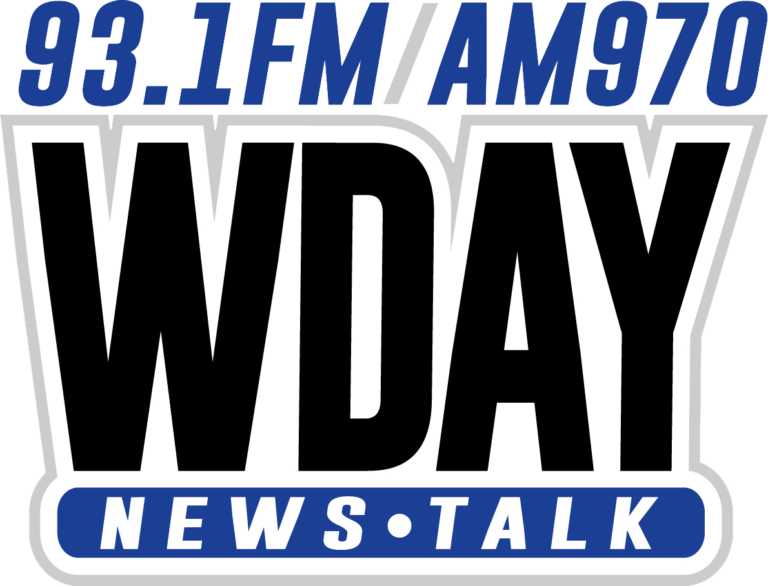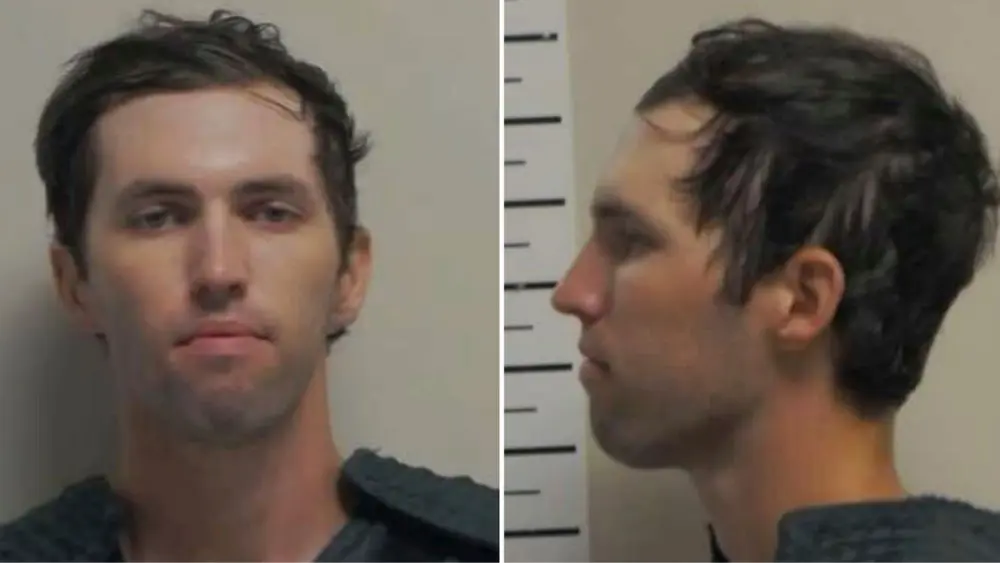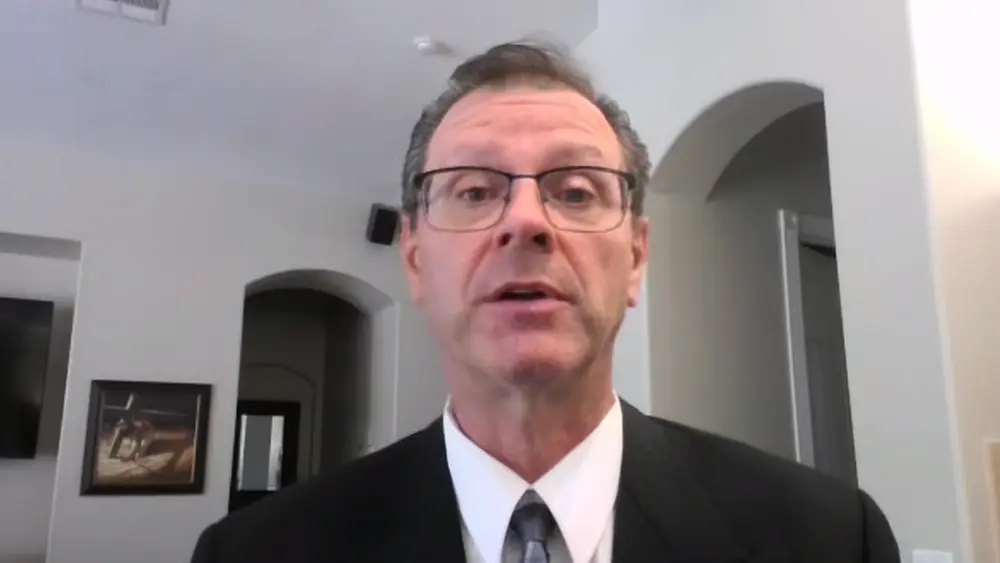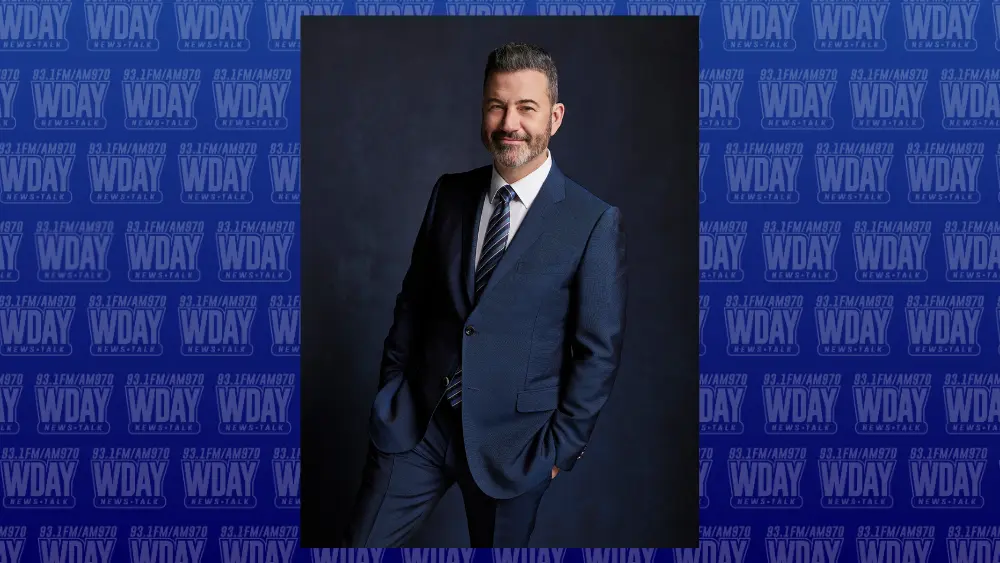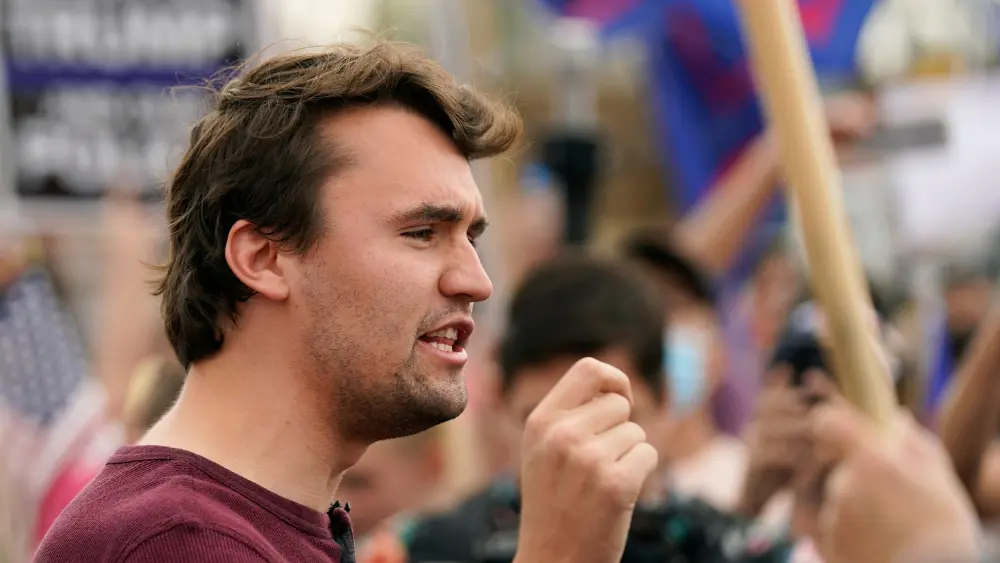SIMI VALLEY, CA – The second Republican Presidential Debate is in the books – with North Dakota Republican Governor Doug Burgum seeing more time on the microphone than the first debate. The debate, held at the Ronald Reagan Presidential Library, covered multiple topics.
Burgum was asked about the path forward.
“The path is wide open,” Burgum told Fox News Channel’s Trace Gallagher in the spin room after the debate.
Burgum was able to highlight many of the areas that are important to his campaign.
Gun safety, mass shootings
Univision anchor Ilia Calderón’s second question for Burgum had to do with gun safety and mass shootings.
She said, “Governor Burgum, for the first time ever, a Univision poll found that mass shootings and gun safety are one of the most important issues for Latino voters. Mental health concerns are not unique to the United States, but gun violence is. What is your specific plan to curb gun violence?”
Burgum started by saying the “liberal left is bent on prosecuting law-abiding citizens that are gun owners.”
He said the key to the curbing gun violence is simple – saying states “need to get back to the core issues.” He said the focus needs to be on family, behavioral and mental health.
“We have to get back to actually enforcing the laws these people talked about,” referring to those on the debate stage. Burgum reflected on North Dakota “being on the track to become the most military-friendly state in the nation.”
“And we have the most support in terms of what we’re doing in terms of law enforcement,” Burgum added.
The moderators noted morale is down in law enforcement.
“Morale is down because we are defunding the police, because they’ve been attacked in the press,” he said. “Police have become the bad guys.”
Healthcare
Another topic Burgum was asked about surrounded healthcare.
“We’re not talking about the real problem, ever,” he said. “We talk about why do we have the most expensive health care in the world? It’s because the federal government got involved the same way they did with EV’s, and they said we’re going to subsidize a particular kind of software back in 2008 under Obama.”
Burgum calls healthcare “the only industry, in the world, that has absorbed one trillion dollars of IT and became less productive.”
“They saw less patients per day,” he said.
Burgum said the prerogative wasn’t improving healthcare.
“Things get more expensive, and less competitive,” he said.
Protecting American farmers, ranchers from retaliation
The Governor of a farm state was – undoubtedly – asked about protecting American farmers and ranchers. He was asked about protecting them from retaliation from “a foreign government like China.”
“We’re in a cold war with China,” Burgum said. “The Biden Administration won’t admit that.”
He said the United States is also in “an economic war” through the United States’ work in agriculture and energy, as well as a cyber war.
Proposed plans and North Dakota’s current work
Governor Burgum talked about the many plans that were brought forward by the candidates in Simi Valley.
“The energy plans that have all been announced in the last month by these other folks on stage, we’re already doing it in North Dakota, he said. “We’ve got troops down at the border flying helicopter missions from North Dakota, from San Diego to the Gulf Coast, trying to stop transnational criminal organizations from inflicting the invasion and the mass casualties in our state.”
Burgum also said North Dakota is working on energy – along with many other issues important to voters.
“Energy, economy, national security, we have been talking about it since day one and now finally good, we’re having the conversation about it, but we’ve got the answer in North Dakota,” he said.
Next Steps
The third Republican Presidential Debate will be held in Miami on November 8, which is one day after multiple states hold their off-year elections.
The candidates who will be making the stage will face the toughest criteria yet.
Candidates who want to make the stage will need four percent of the vote in two national polls, or in one national poll and two polls from separate early voting states – which are Iowa, New Hampshire, South Carolina and Nevada. Previously, candidates only needed three percent. Additionally, candidates will need a minimum of 70,000 unique donors, with 200 donors in 20 states or territories.
